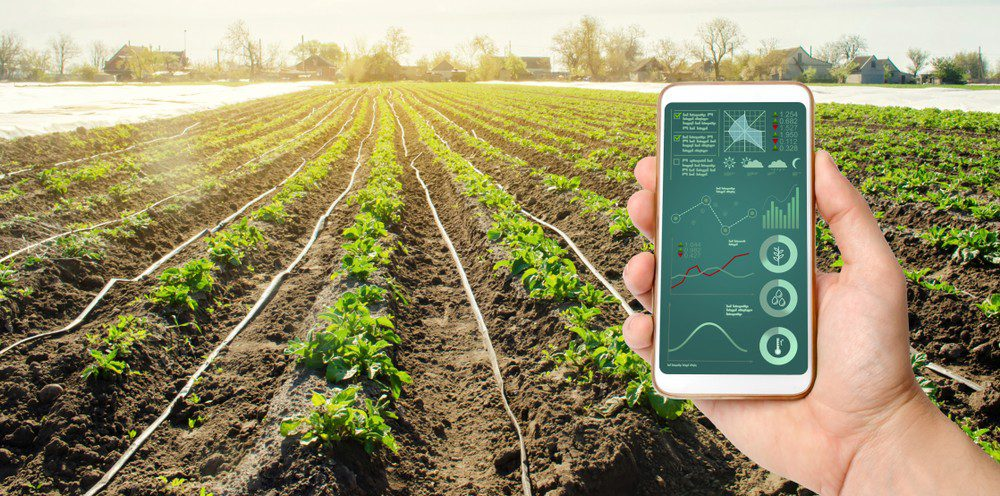Africa’s agricultural sector is the backbone of many economies, providing livelihoods for millions of people. However, the sector faces numerous challenges, including climate change, soil degradation, and limited access to markets and finance. To overcome these challenges and ensure food security, African farmers and policymakers are turning to data analytics. By harnessing the power of data, farmers can make informed decisions, optimize crop yields, and improve their resilience to climate change.
The Current State of Agricultural Data Analytics in Africa
Agricultural data analytics is a rapidly growing field in Africa, driven by the increasing availability of data from various sources, including satellite imagery, drones, and mobile phones. However, the adoption of data analytics in African agriculture is still in its infancy, and several challenges need to be addressed. These include:
- Limited access to data: Many African farmers lack access to reliable and timely data on weather, soil health, and market trends.
- Insufficient infrastructure: The lack of adequate infrastructure, including internet connectivity and data storage facilities, hinders the collection, analysis, and dissemination of agricultural data.
- Limited capacity: Many African countries lack the technical capacity and expertise to collect, analyze, and interpret agricultural data.
- Data quality issues: The quality of agricultural data in Africa is often compromised by inconsistencies, inaccuracies, and incompleteness.
Opportunities for Improving Agricultural Data Analytics in Africa
Despite these challenges, there are numerous opportunities for improving agricultural data analytics in Africa. These include:
- Mobile technology: Mobile phones are widely used in Africa, and mobile-based applications can provide farmers with access to critical data on weather, markets, and best practices.
- Satellite imagery: Satellite imagery can provide valuable insights into crop health, soil moisture, and weather patterns, enabling farmers to make informed decisions.
- Artificial intelligence and machine learning: AI and ML can be used to analyze large datasets and provide predictive insights, enabling farmers to anticipate and respond to climate-related shocks.
- Partnerships and collaborations: Partnerships between governments, private sector companies, and research institutions can facilitate the development and dissemination of agricultural data analytics solutions.
Strategies for Improving Agricultural Data Analytics in Africa
To improve agricultural data analytics in Africa, several strategies can be employed. These include:
- Investing in infrastructure: Governments and private sector companies should invest in infrastructure, including internet connectivity, data storage facilities, and mobile networks.
- Building capacity: African countries should invest in building the technical capacity and expertise needed to collect, analyze, and interpret agricultural data.
- Improving data quality: Efforts should be made to improve the quality of agricultural data, including ensuring consistency, accuracy, and completeness.
- Promoting partnerships and collaborations: Partnerships and collaborations between governments, private sector companies, and research institutions can facilitate the development and dissemination of agricultural data analytics solutions.
- Developing user-friendly applications: Agricultural data analytics solutions should be developed with the needs of farmers in mind, providing user-friendly applications that are accessible via mobile phones and other devices.
Case Studies: Successful Agricultural Data Analytics Initiatives in Africa
Several initiatives are underway to improve agricultural data analytics in Africa. These include:
- The African Forest Landscape Restoration Initiative (AFR100): AFR100 uses satellite imagery and machine learning to monitor forest restoration efforts in Africa.
- The Digital Green platform: Digital Green provides farmers with access to critical data on weather, markets, and best practices via mobile-based applications.
- The International Institute of Tropical Agriculture (IITA): IITA uses data analytics to improve crop yields and promote sustainable agriculture practices in Africa.
Conclusion
Improving agricultural data analytics in Africa has the potential to transform the sector, enabling farmers to make informed decisions, optimize crop yields, and improve their resilience to climate change. By investing in infrastructure, building capacity, improving data quality, promoting partnerships and collaborations, and developing user-friendly applications, African countries can unlock the potential of data-driven farming. As the sector continues to evolve, it is essential to prioritize the needs of farmers and ensure that data analytics solutions are accessible, user-friendly, and relevant to the African context.

